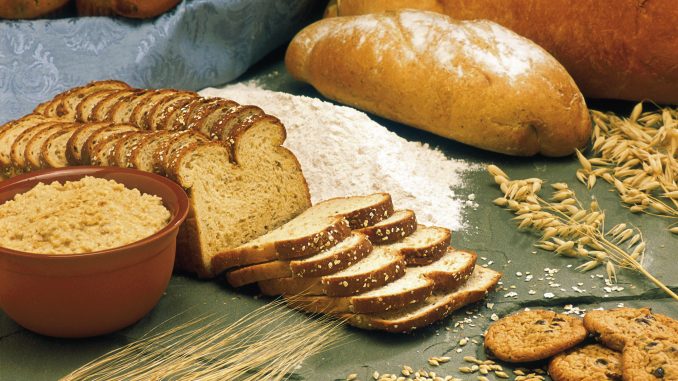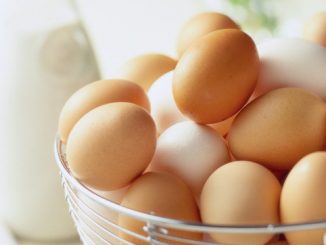
Completely giving up consuming carbohydrates, especially starch, can lead to burning fat tissue quickly and a decreased appetite. On the short term, this might work for weight loss diets – but on the long run, it can cause health problems.
Starch is a carbohydrate type, along with fibers and sugars. While many weight loss diets suggest restricting starch consumption, you should know that starch by itself won’t make you fat. Many starch foods are in fact nourishing for our bodies. In their absence, oxygen has a hard time reaching the tissues, and this can damage the heart, liver, and kidneys.
Simple carbohydrates are converted by the body into deposited fat. Unlike these, the complex ones, the category in which the starch is found, are absorbed slowly and give you energy. Therefore, do not completely eliminate carbohydrate-containing foods, but rather replace them with some “good” ones, such as complex carbs, like legumes.
Good starch sources
Healthy starch-rich foods include legumes such as beans and lentils, vegetables such as regular or sweet potatoes and whole grains, like brown rice. These foods contain valuable sources of fiber, vitamins, minerals and antioxidants. A baked potato will provide you with over 2 g of protein, nearly 4 g of fiber and rich amounts of vitamin A. Consuming it cooled will transform the starch it contains into resistant starch, which is extremely healthy for your health.
Starch foods to avoid
Not all foods containing starch are rich in nutrients. When cereals are refined, much of the starch is removed, significantly diminishing their nutritional content. To prevent gaining weight and type 2 diabetes it is highly recommended to go for whole grains and whole wheat flours containing complex carbohydrates, and avoid any kind of commercial foods that have white flour as the main ingredient, such as corn flakes, pretzels. Whole grains ease and regulate digestion, while providing you with a healthy source of energy.
How much starch you need to consume every day
To meet basic nutritional needs, carbohydrates should represent between 45% and 65% of the diet. It is also recommended to consume around 6g of resistant starch per meal. For example, 100 g of whole grain or muesli brings you up to 5 g, while a green banana contains 15 g, a baked or boiled potato has 7 g, and 100 g of beans will provide you with 10 g.



Leave a Reply